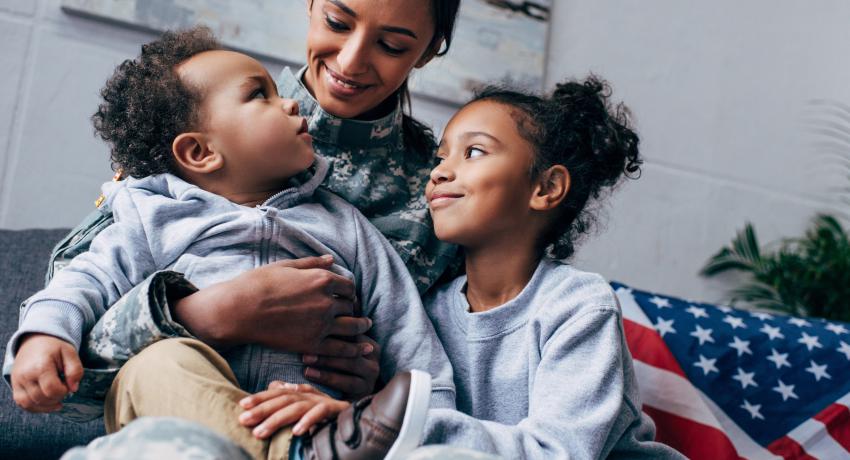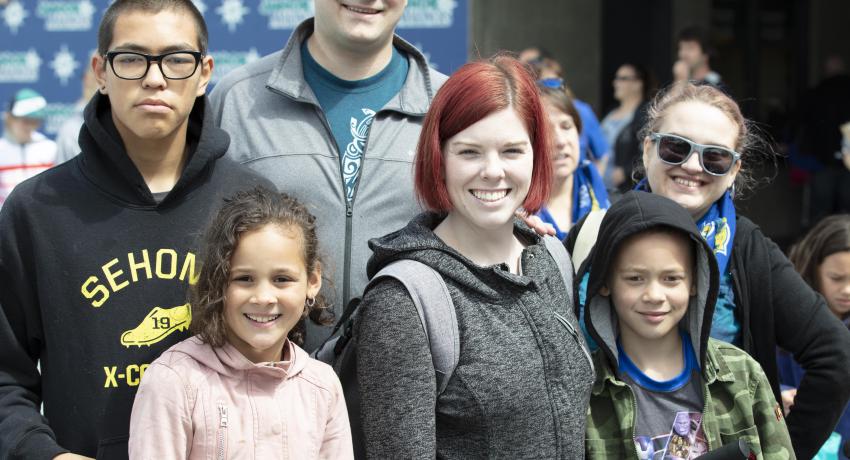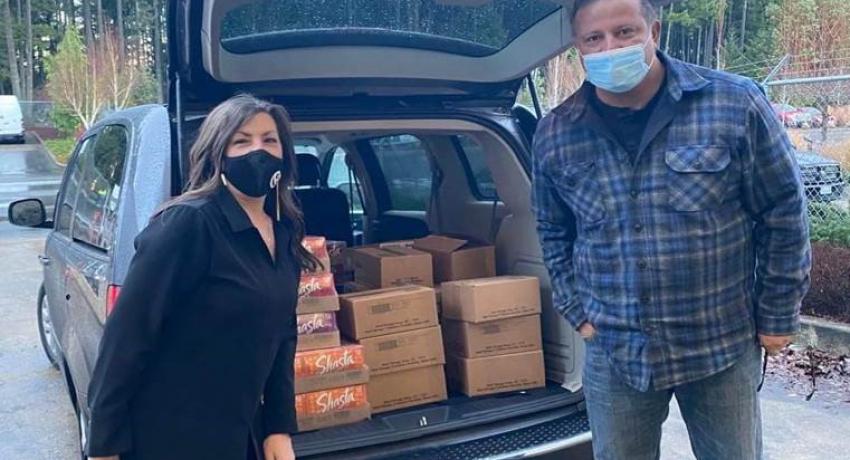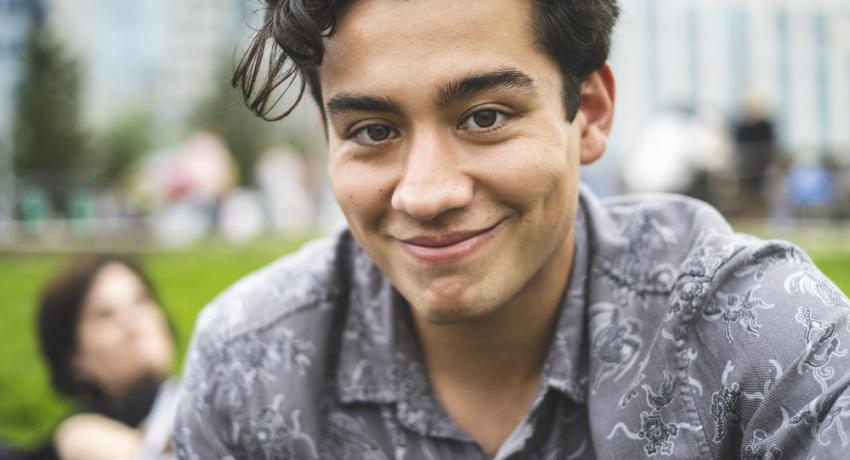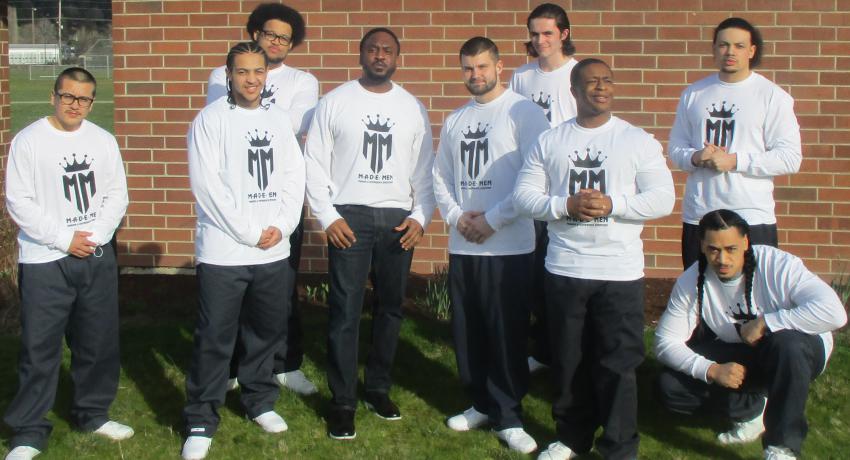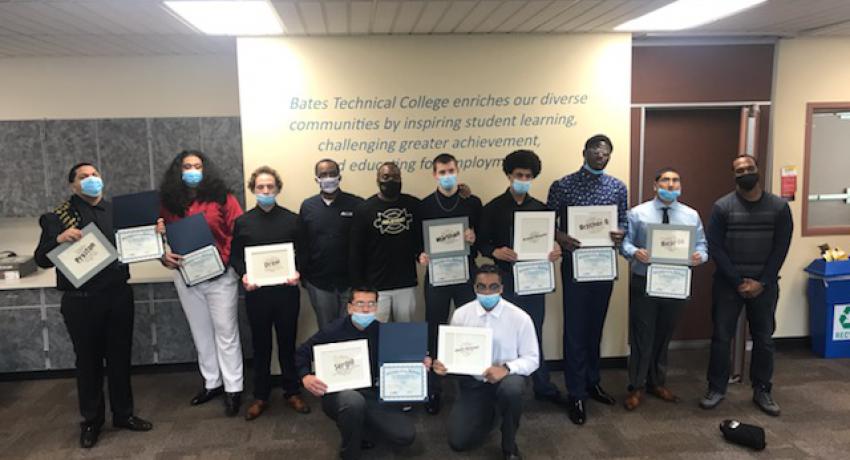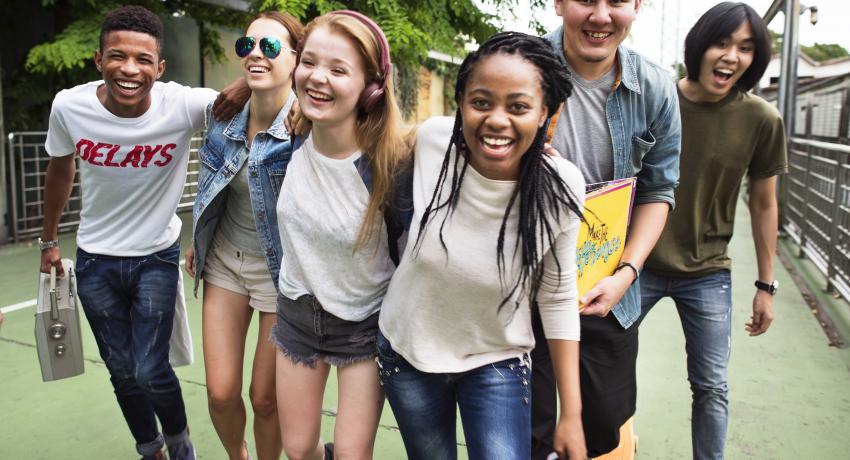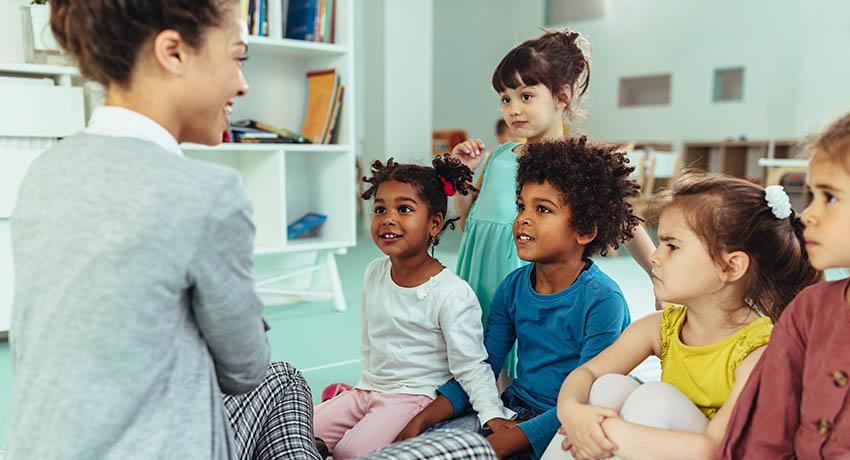Military Child Care Fee Assistance Program Available in Washington
The Washington State Department of Children, Youth, and Families (DCYF) is excited to announce that we are partnering with the Department of Defense (DOD) in the expansion of the military child care fee assistance program Military Child Care in Your Neighborhood (MCCY

